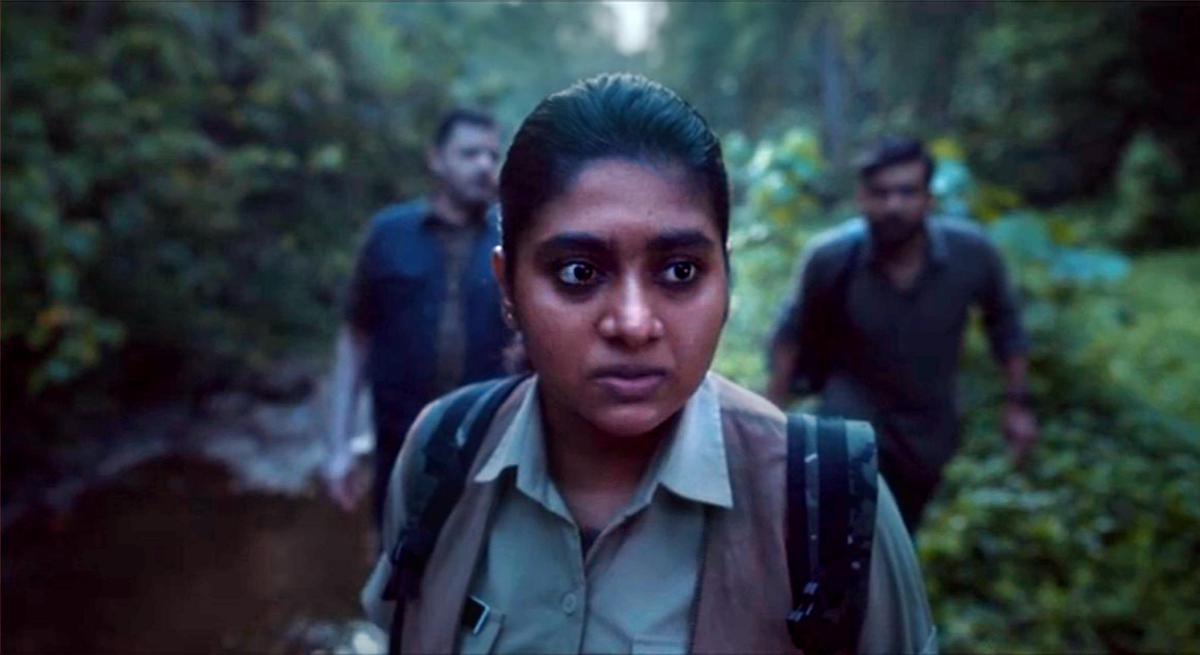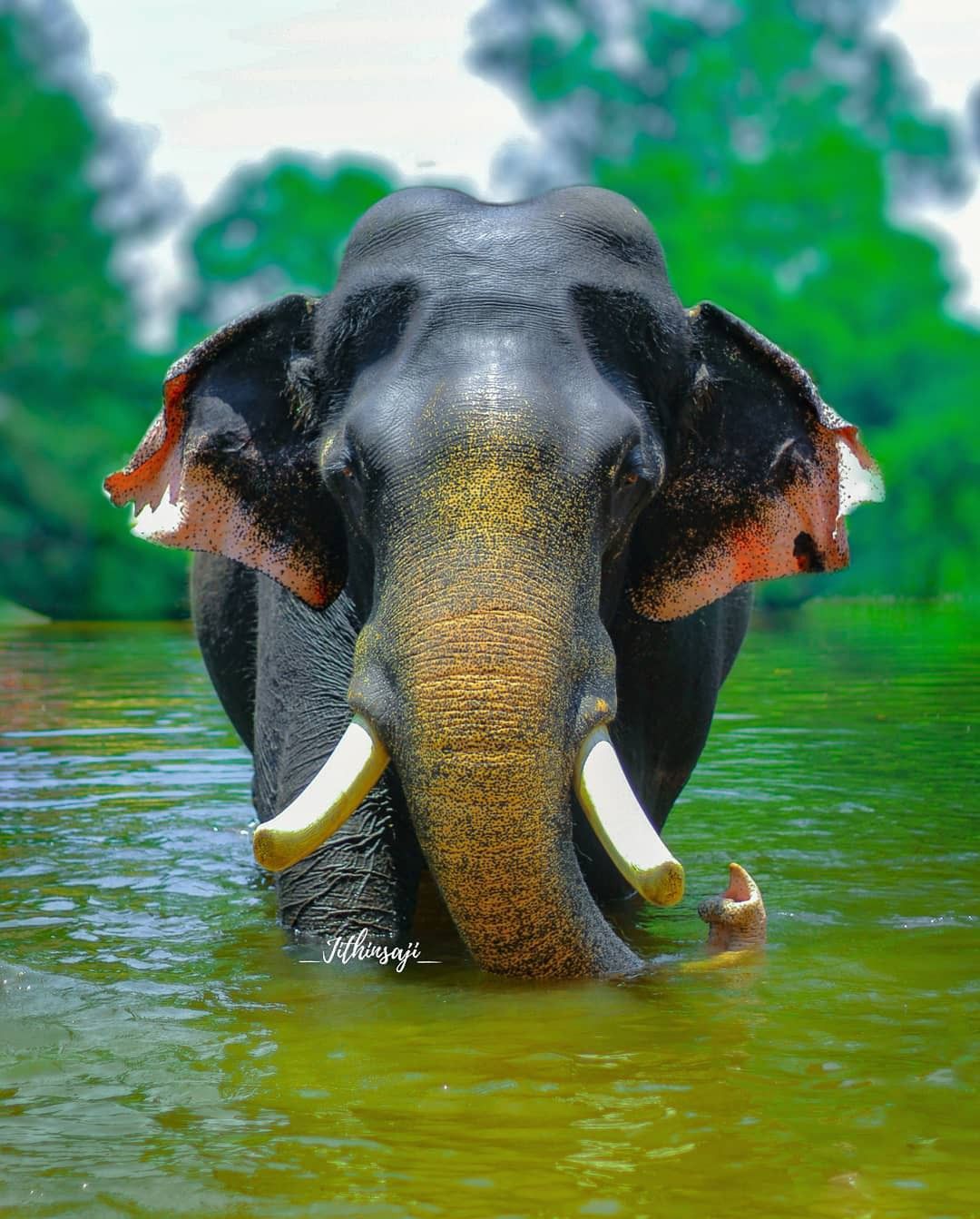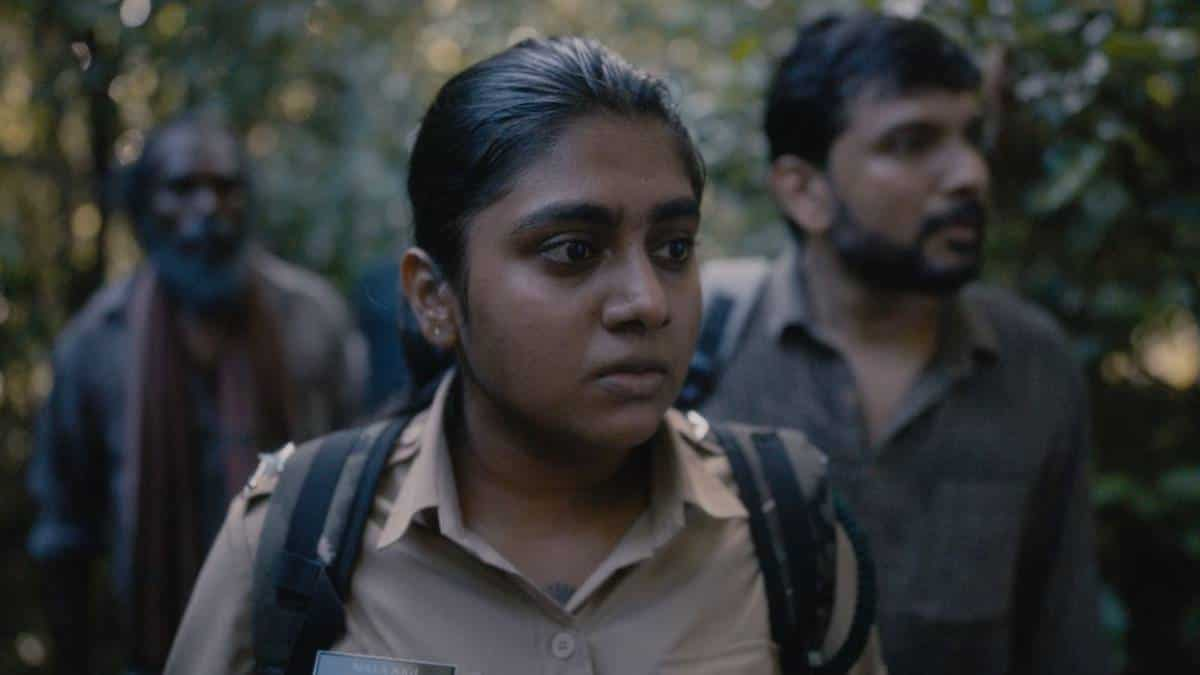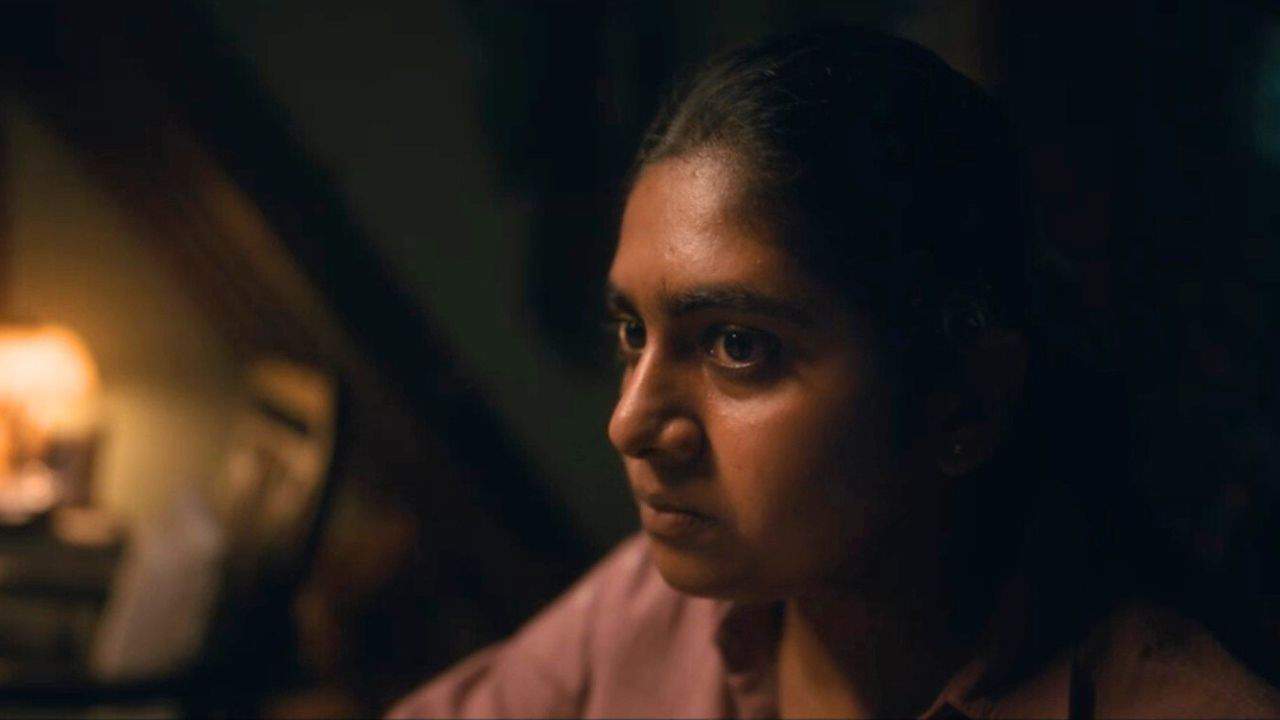‘Those who contemplate the beauty of the earth find reserves of strength that will endure as long as life lasts. There is something infinitely healing in the repeated refrains of nature—the assurance that dawn comes after night, and spring after winter.’
Rachel Carson, catalyst for the modern environmental movement and author of Silent Spring
The existence and survival of the human race is invariably dependant upon the quality of our ecosystem. Among all the human resistances against atrocities on environment, women had been the vanguards across the history, from the Appiko movement, which began as a crusade to protect the trees of the Kalse forests in Karnataka, or the Chipko movement, the Narmada Bachao Antholan to the resistance by Kenyan activist Wangari Muta Maathai, who founded the Green Belt Movement, or Greta Thunberg.
The bloody poaching business
One of the most vulnerable species suffering from the ongoing natural resource exploitation is the elephant. Elephants are considered a ’Keystone Species’ as they play a critical role in maintaining the balance and health of forest ecosystems. Data show that 1,505 elephant deaths have been recorded since 2010, and 159 of them, or 10.5% of all mortalities, were caused by humans or human-related activities.
Recalling the wise words of Bagheera to Mowgli from The Jungle Book: ‘Bow your head. Show them respect. The elephants created this jungle. Where they made furrows with their tusks, rivers flowed, where they blew their trunks the leaves fell.’ The Academy Award winning documentary, The Elephant Whisperers was centered around the life of Bomman and Bellie, a couple in South India, who devoted their lives to caring for an orphaned baby elephant named Raghu, forging a family like no other. Losing Keystone Species like the elephant is nothing but a death blow to the all life systems in the planet.
Mala Jogi and her multiple battles
Poacher, a recent OTT series directed by Emmy award winner Richie Mehta is inspired by the real life incidents associated with ‘Operation Shikar’ a drive to check the elephant poaching taken up during the 2010’s led by the Kerala Forest Department. It portrays an exemplary protagonist, Mala Jogi, a Kerala forest range officer played by Nimisha Sajayan.
The story is inspired by the Malayattoor ivory poaching case of Kerala. In the opening scene we can see, a man named Arakku, confessing about the ongoing elephant slaughter to the Divisional Forest Officer. He himself along with Raaz, Poyya Varghese, Morris Finn, and Ivan Das, were apparently involved in poaching, and he requests the officer to investigate and check it before it goes out of proportion. Mala Jogi, who was posted elsewhere, comes to know about it. She informs one of her colleague about this development, but before the arrests, the information gets leaked. By that time, the news about poaching comes out in domestic and international media.
Subsequently, a senior officer named Neel Banerjee is brought in to take care of this case. Neel was already impressed by the expertise and commitment of Mala, thus he makes her a core team member in this investigation. Since her job had to do a lot with data analysis and pattern breaking, she invites Alan, a techie cum conservationist into the team. Thereafter as a team, they rigorously trace down the roots of the ongoing illegal ivory trade.
Mala Jogi is a daughter of a poacher, and she has been traumatised by the hunting scenes she witnessed as a child.
Mala Jogi is a daughter of a poacher, and she has been traumatised by the hunting scenes she witnessed as a child. Eventually she realises that hunting is more than a means of subsistence as it was in the past. Hunting and poaching in the present day has a wider implication on the society, economy, ecology, gender relations, and patriarchal power play etc. She has devoted her life to eradicate this poaching syndicate from its very root.
Mala has inherent enthusiasm and empathy towards all living beings. In multiple scenes we can see the way she pampers and interacts with different living organisms ranging from her pet dogs (which were previously stray dogs) to the mighty elephants. Other than her professional ethics and commitment, she has a deep rooted ideology stemming from her own lived experiences with her community.
Being a member of a community living adjacent to forest, historically they had been depending on forest resources. The conservation of the ecology is thereby a civilisational responsibility, since the coming generations are going to suffer from the deterioration of natural resources. But unfortunately her father had chosen a path of hunting, especially the hunting of tuskers. But eventually she realises that, more than a means for livelihood, hunters are looking for their ego satisfaction by preying on these giant yet innocent animals.
But eventually she realises that, more than a means for livelihood, hunters are looking for their ego satisfaction by preying on these giant yet innocent animals.
Mala’s childhood had been coloured by the gory shade of these hunting scenes. She has witnessed animals pleading for their lives and mercilessly being killed by hunters including her father. The fear, sadness and helplessness had a toll on her character development too. As she grows older, she has issues with expressing her tender emotions to the human beings around her. We can see her organic playful nature only with her pets. She is really tough on herself by taking the responsibility of atoning for the sins her father has committed. That’s why the choice of her profession has everything to do with environment conservation and hunting down the hunters.
In one remarkable scene, her mother reminds Mala that she has also internalised the violent instincts of her father, though the ends are different. When she ruthlessly hunts down the human hunters, who kill the elephants, she is also impatient and rage-fuelled. Though she is aware of her aggression, she knows what triggers it. The series gives an in depth insight into how she differentiates between being a hunter by choice and hunting the hunter as a duty.
Another interesting scene is the one with Poyya, one of the poachers, with a very violent and aggressive nature. During interrogation, Poyya, a hard nut to crack, gets angry and acts in an eccentric way. When the fellow officers give up, Mala steps into the scene to talk to him in a gentle way. Post interrogation, when he tries to commit suicide in front of all of them, Mala breaks down. She panics and breaks into tears finally. Then she calls her mother and seeks solace in her voice. There, we see the co existence of an extremely content version of her with her most turbulent version.
A timely self reflection
Mala, who is a fierce, ethical and vibrant officer, undoing the historical injustice committed by her ancestors, compels us towards self introspection. She addresses the dichotomy of being resilient and being fragile, being revengeful and being empathetic, being expressive and being reserved.
As Vandana Shiva rightly said, in Oneness vs The 1%: Shattering Illusions, Seeding Freedom, ‘Being a planetary citizen does not need space travel. It means being conscious that we are part of the universe and of the earth. The most fundamental law is to recognize that we share the planet with other beings, and that we have a duty to care for our common home.’








